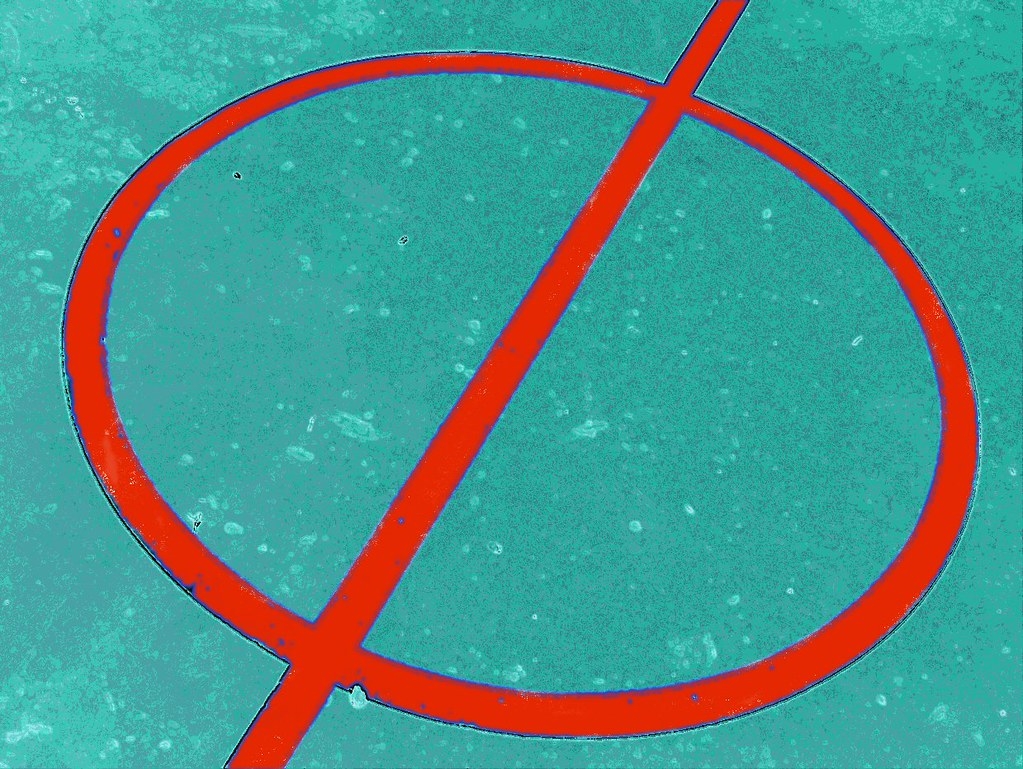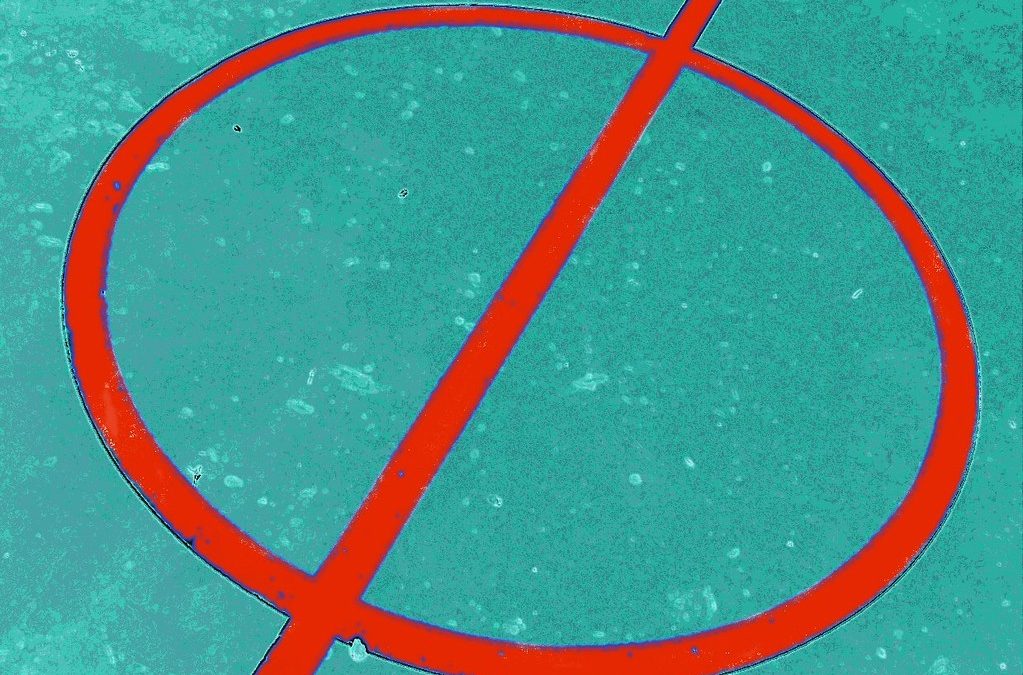
One of my favorite forms of exercise is walking. Some 200 years ago Thomas Jefferson also recommended taking long walks was the best exercise. But unlike Jefferson, I also like to listen to podcasts while I walk. That way, I can strengthen myself physically, mentally, emotionally, and spiritually at the same time. Since the volume of excellent podcasts far outstrips my time to listen, I sometimes go back and hear material recorded a year or more earlier.
That happened in early 2021, when I checked out the EntreLeadership “Best of 2019” episode. As a compilation of snippets taken throughout the year, I found most of the excerpts helpful, but one–an interview with author Steven Pressfield–hit me between the eyes. You can listen to it here, starting around time stamp 49:38. Or, you can listen to the whole interview in its entirety here.
Simply put, Pressfield claims that every person who does creative work keeps hitting a kind of mental “brick wall” designed to keep you from being productive and creative. He said at first he explained that he thought he was the only person who suffered from it. He described it as a voice in your head that keeps you from achieving your goals. He said it disguises itself as your own rational thoughts talking to you, but in fact, it is an external force. For him, the common messages were like: “you can’t do that.” “Who do you think you are?” “You’re a loser.” “Where do you get off, thinking you’re going to write a book? Ha! Thousands have tried that; you don’t have what it takes,” and so on. In a nutshell, you can call it “self-sabotage.”
As he began to realize he was not the only person who suffered from this kind of opposition, he understood that all writers have this plague. However, over time, he recognized that all creative workers have this problem–be they artists, entrepreneurs, etc. He said the Resistance is so devious, it attacks everyone, but in individualized ways, as if the Resistance knows each person’s own particular weaknesses. Pressfield continued, he believes everyone is born to do some kind of special work, but this voice is there daily, seeking to thwart us from doing it. He commented that one ever talks about it (until he did in this podcast!), and schools never teach about it or how to overcome it. He said this force is so pervasive, and so sneaky, he gave it a name: “Resistance,” with a capital R. I do not know Pressfield’s religious views, but twice he described it with the adjective diabolical. That word comes from the Spanish word el diablo, which means devil or Satan. At one point in the interview, Pressfield even calls the “Resistance” a “devil.”
I do not want to “weird you out,” but as I heard Pressfield describe the Resistance as a devious, intelligent, seemingly omnipresent force that individualizes its attacks on us but camouflages itself as our own thoughts, I wondered: is Pressfield describing the devil?! Pressfield claims the Resistance seeks to kill and destroy our dreams, ambitions, and the crucial “work” we are to do in life. Jesus, speaking of the devil, warned: “The thief comes only to steal and kill and destroy” (John 10:10). Sound familiar?
Pressfield claims a person can never actually rid oneself of this Resistance or its daily discouragements, so the only solution is to “be a professional, not an amateur.” He explained that a professional reports to work day in and day out, regardless of the weather or how one feels. Likewise, no matter how disheartened the Resistance can make us feel, we should press ahead with our work and deadlines and never fall for the excuses like “I’ll take the day off” or “I think I’ll work on this tomorrow.” Amateurs may only pursue a hobby when they feel like it, but a professional gets the job done. That approach, Pressfield claims, is the only way to overcome the Resistance.
In our DreyerCoaching.com advanced writing class, I asked three of my students to listen to the interview and write their responses. They all are high school juniors (11th graders) in Hsinchu, Taiwan. Here they are.
*******************
When you think of the word “force,” what image or idea pops up in your mind at first thought? When I hear the word, I immediately picture various scenes showing the Force from Star Wars. Today, however, my view on the force has completely changed. The eminent novelist Steven Pressfield has introduced me to the Force in our everyday life: the Resistance. Just like the Force from Star Wars, the Resistance is a force that is not perceivable nor physical but is capable of destroying the lives of those who come in contact with it. As Steven Pressfield puts it, this force is this diabolical entity that almost seems like a living organism. But how?
First, Resistance can tailor itself to anyone specifically, bending and twisting its own forms to target each person directly. To an obese person who has no confidence in his own body, this voice will deliver messages such as “you are fat and ugly,” “who gave you the idea that others will accept your appearance?” To a mediocre student, it may manifest itself as ideas such as “with your intelligence, what do you think you can do?” The power of the messages comes from the fact that they are crafted to haunt and attack the weakest part of each person.
Second, Resistance often remains incognito within someone for their whole life. Since it is a collection of chitchats that often disguise itself as one’s inner thoughts, detecting the clever being can be difficult. Furthermore, as Pressfield explained, we do not learn this information at school or even in most places online. This makes the existence of the force widely unknown. Moreover, many of us conform to the commands given by the sinister “inner voice” without further questioning why. Resistance has been living with us for so long that we are prone to ignore its existence while still having our minds being warped and manipulated by this diabolical force.
Third, even after knowing that this dangerous source of influence exists, you still cannot evade its effects. Since it can manifest itself in infinitely different forms, it can always find some shape that fits right in you like a key in a lock, unfolding the worst nightmare within your own mind. Even when you realize that this powerful, eternal force is living inside you, you have no way of avoiding its calling or getting rid of it. The only time it gets easier is when you know that you have defeated Resistance in the past; however, this force will continue to sabotage you for the rest of your life.
Resistance can be a clear indication of whether someone is an amateur or a professional. In other words, amateurs only defeat it with the help of an externally-imposed structure. When this structure is no longer there, the parasite takes hold of the amateurs’ lives. Professionals, on the other hand, build an internally-imposed structure that forces them to complete their tasks and responsibilities despite the presence of the negative force, Resistance. Unbeknownst to most individuals, this entity often hides in each and every one of our minds, waiting for the optimal time to pounce and destroy our determination and confidence. Before you stop reading, I want you to repeat after me: stop thinking about what others may think of you and start doing what you are supposed to do.
— Ian Lin
****************************
After listening to the podcast interview of Steven Pressfield, an American author and writer, I was especially intrigued, mainly because of the concept that Pressfield brought up. The Resistance, with a capital R, as he calls it, is actually present in our daily lives and is experienced by far more than we actually realize. In his interview, he brings up the examples of authors and artists. When authors try to write, there is always the lingering self doubt or force that propels them to go do something else, such as have a drink, or take the day off. With artists, there is always the resistance to turn a blank canvas into something that amazes and dazzles.
While these are common places one can see the force of Resistance at work, one unlikely place is always in students. Almost all students have suffered from the enticing pull of your cell phone, or one more Youtube video before beginning your biology final project that is due in, uh oh, two hours. After all, can’t you just do it later? This form of resistance, also known more commonly as Procrastination (which also deserves its own capital letter), is what students around the world suffer from. “Due tomorrow? Do tomorrow,” is the common phrase that’s commonly yelled across the classroom when discussing projects. After all, isn’t there always more time? Case in point: I’m currently writing this assignment at 8:45 PM, on March 23rd — 15 minutes before it’s technically due.
Even as the forms of Resistance affect every student, artist, writer, and creator, there are also ways of getting past them. By acknowledging that they exist, and that they can be defeated, can make a large difference. The first push, whether it’s resisting the tempting pull of Twitter or Instagram or saying no to the can of beer waiting for you, often puts you on track. In the words of Nike, just do it, and it’ll often help a lot.
–Katie, Hsinchu
*********************
image credit: “Ban Symbol” by uvw916a is licensed with CC BY 2.0. To view a copy of this license, visit https://creativecommons.org/licenses/by/2.0/

